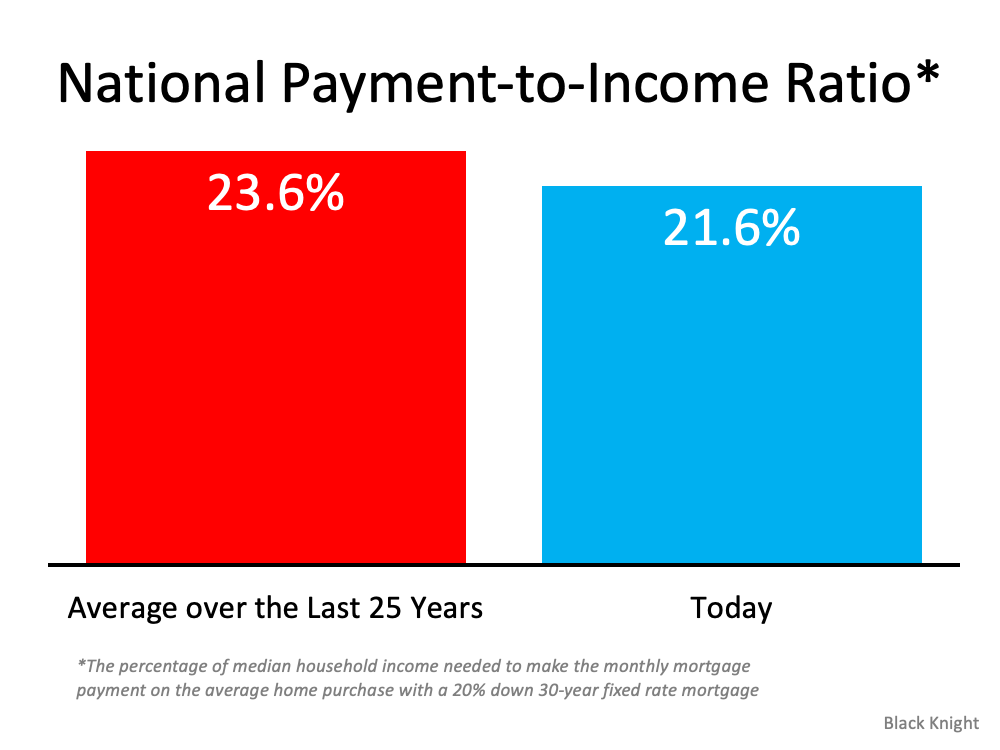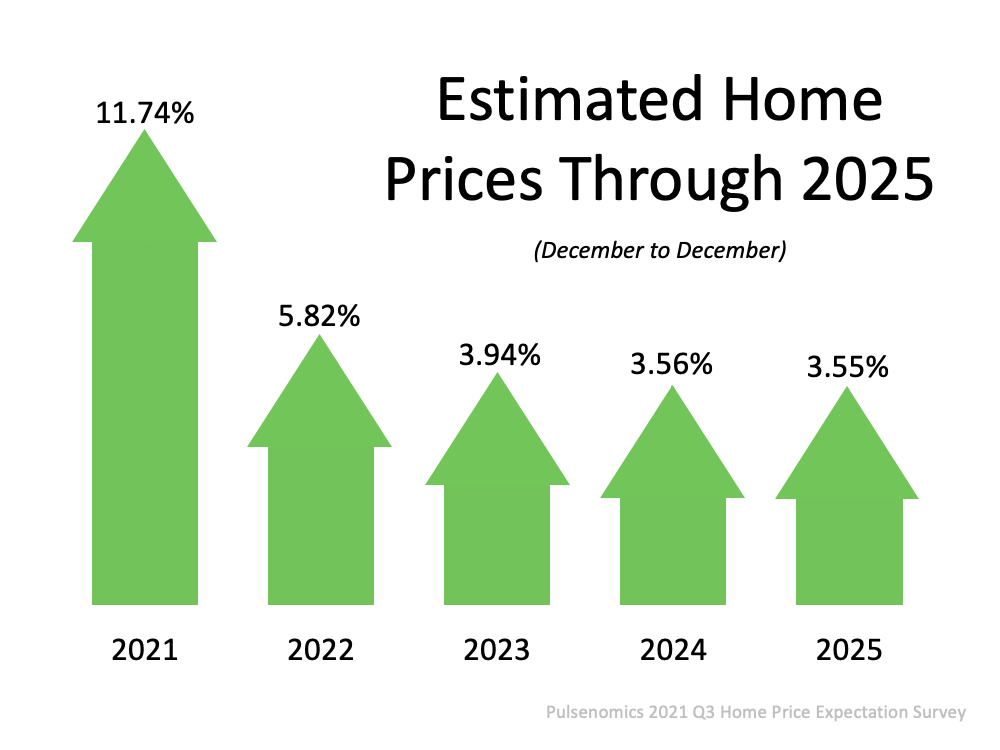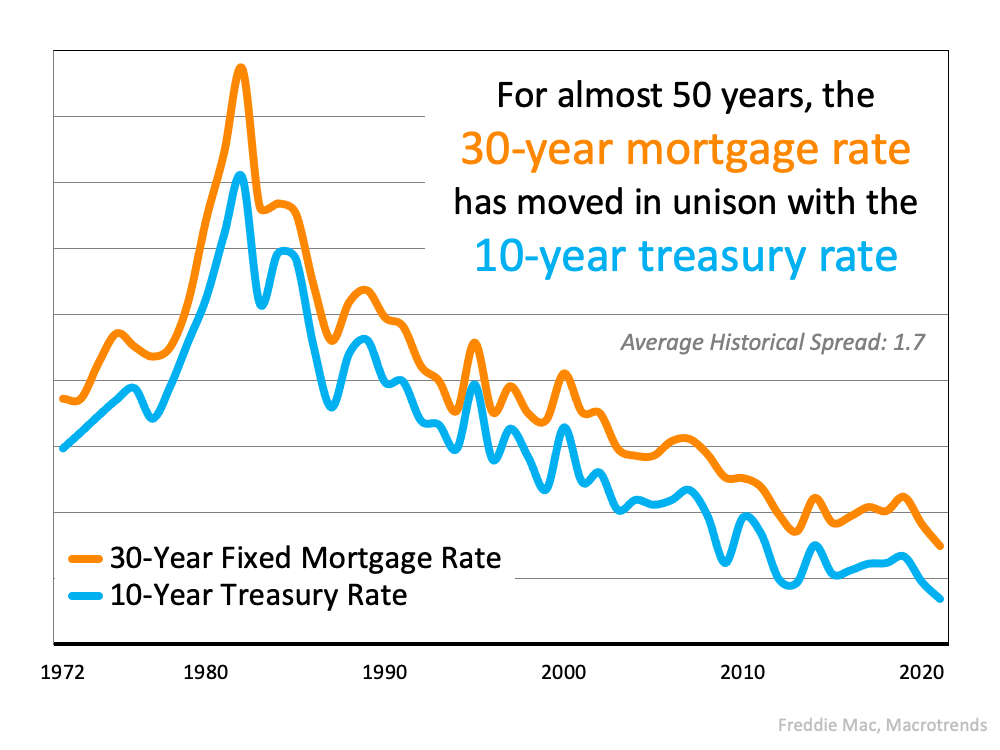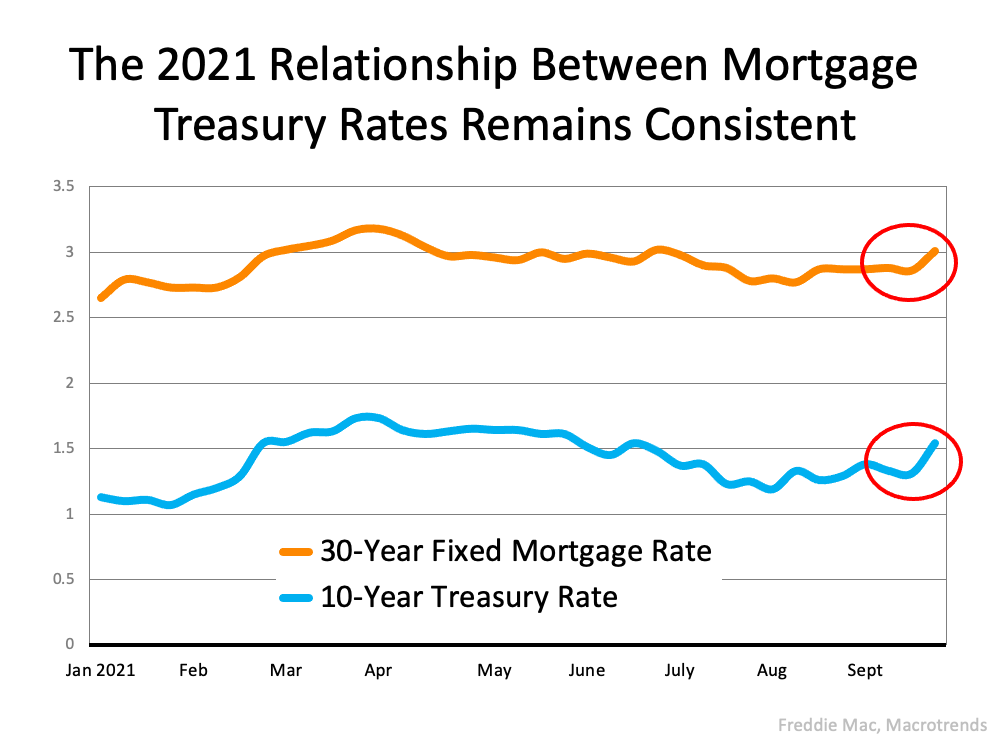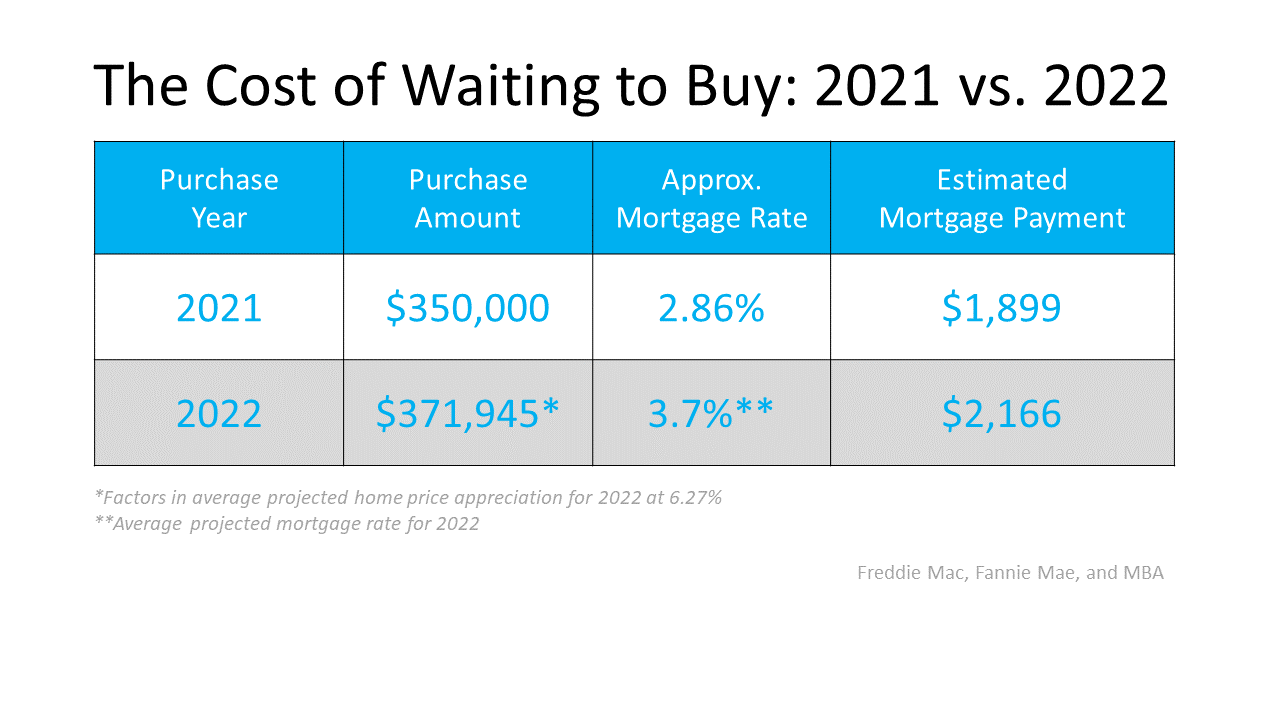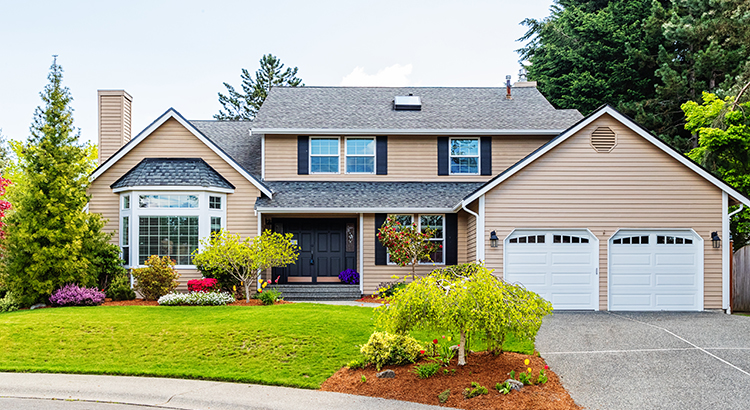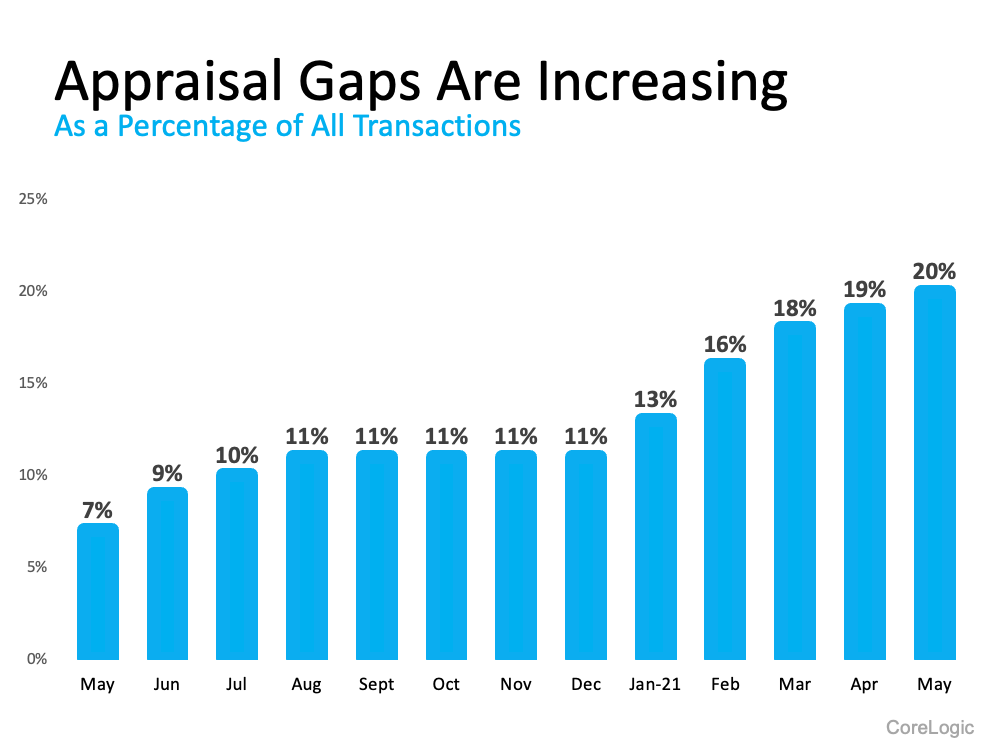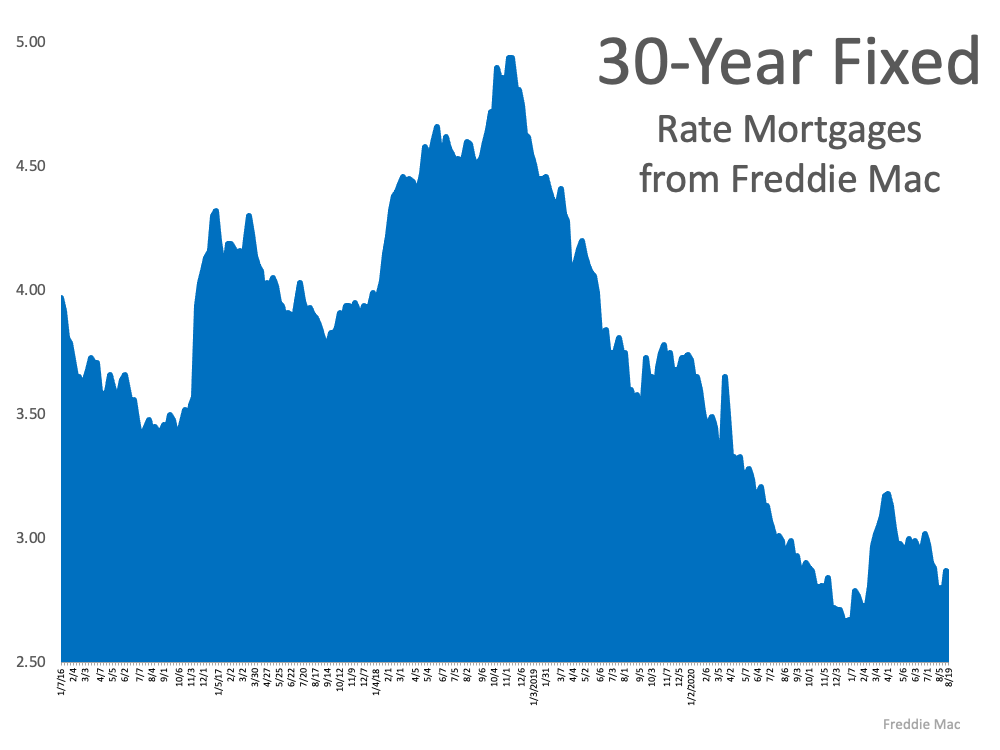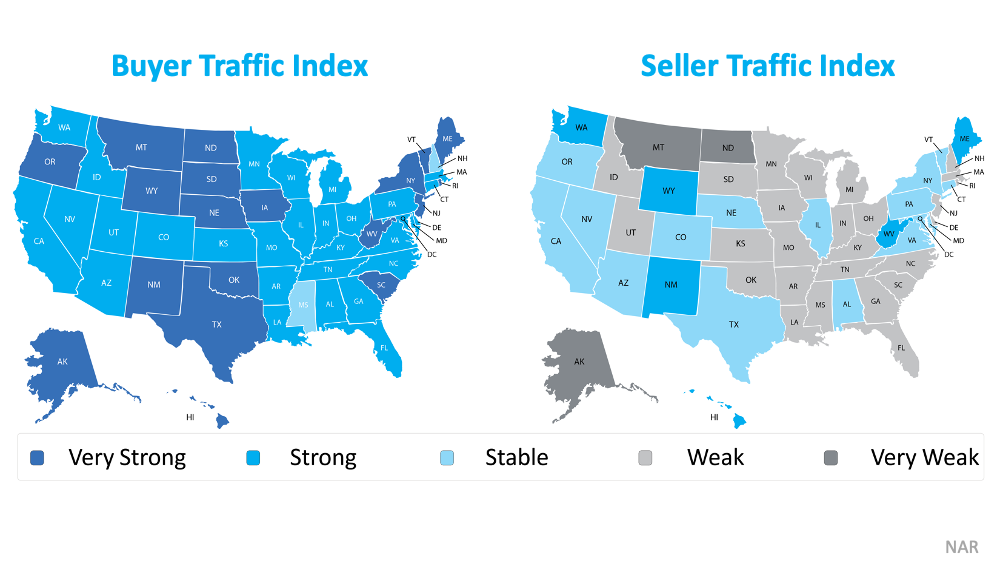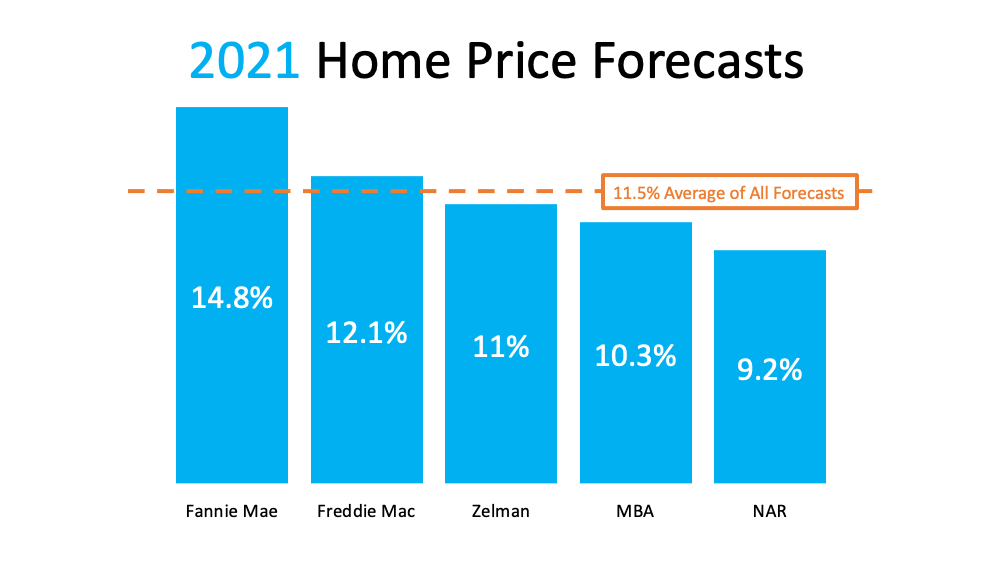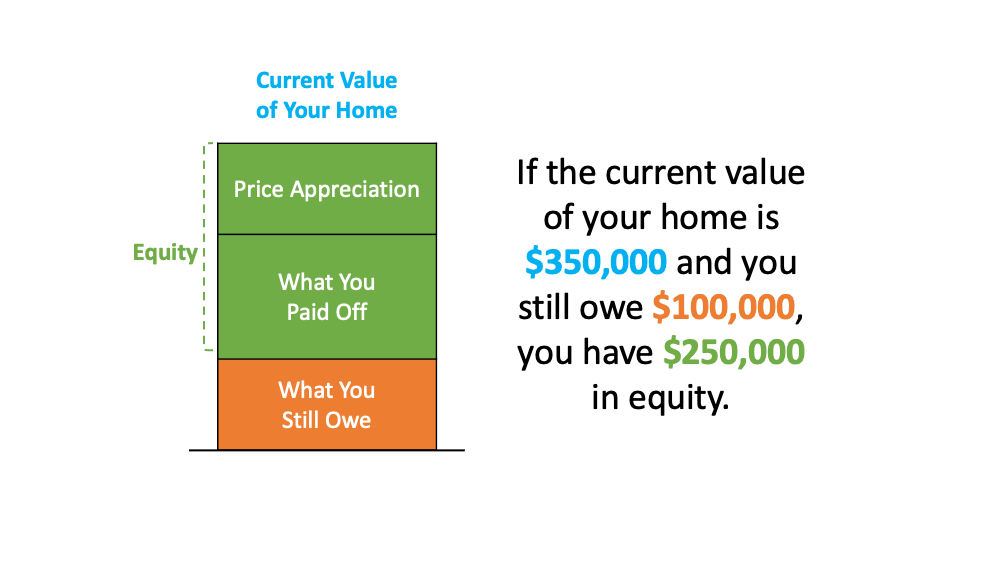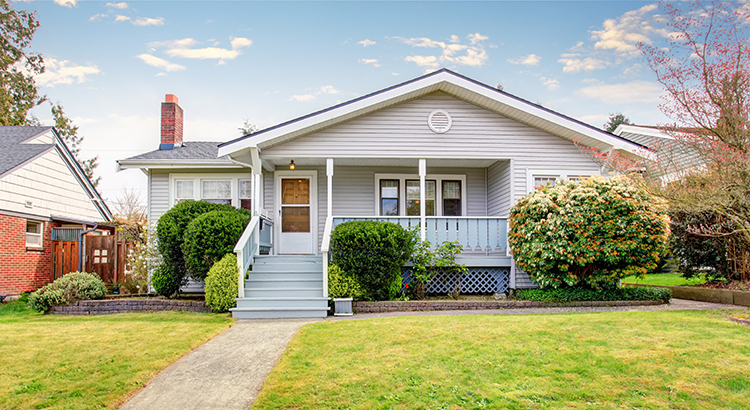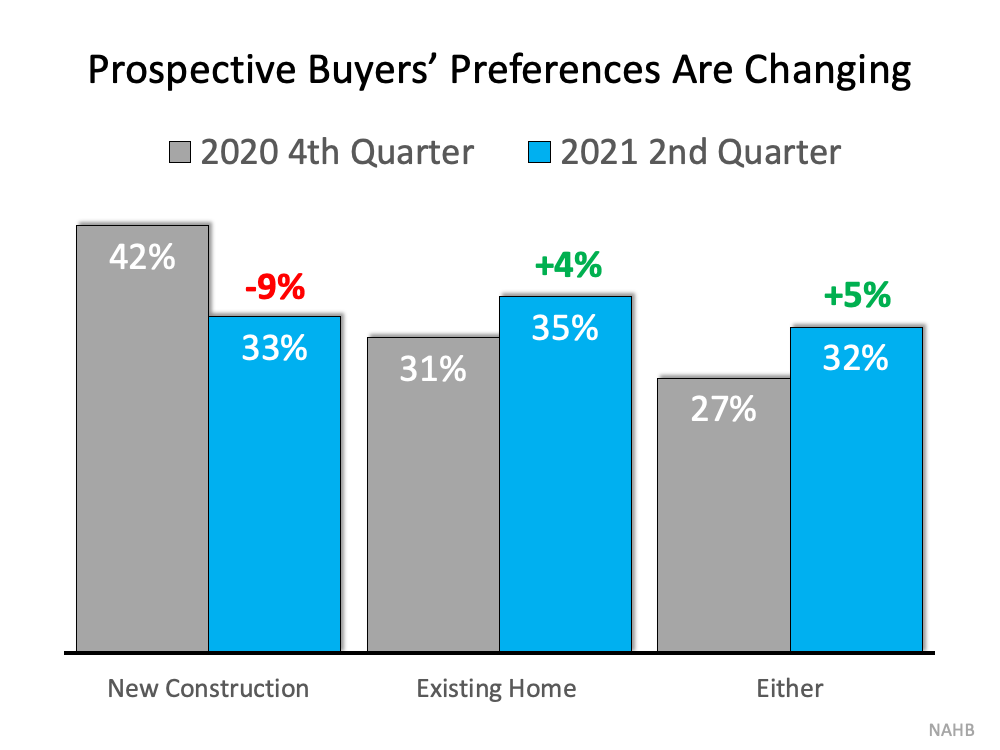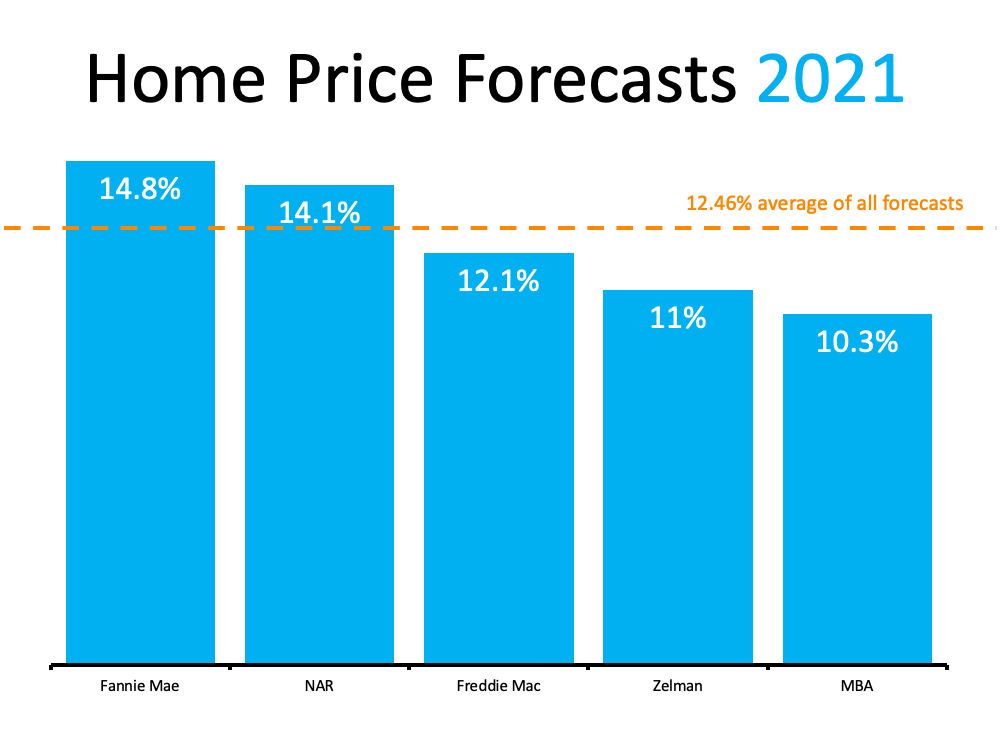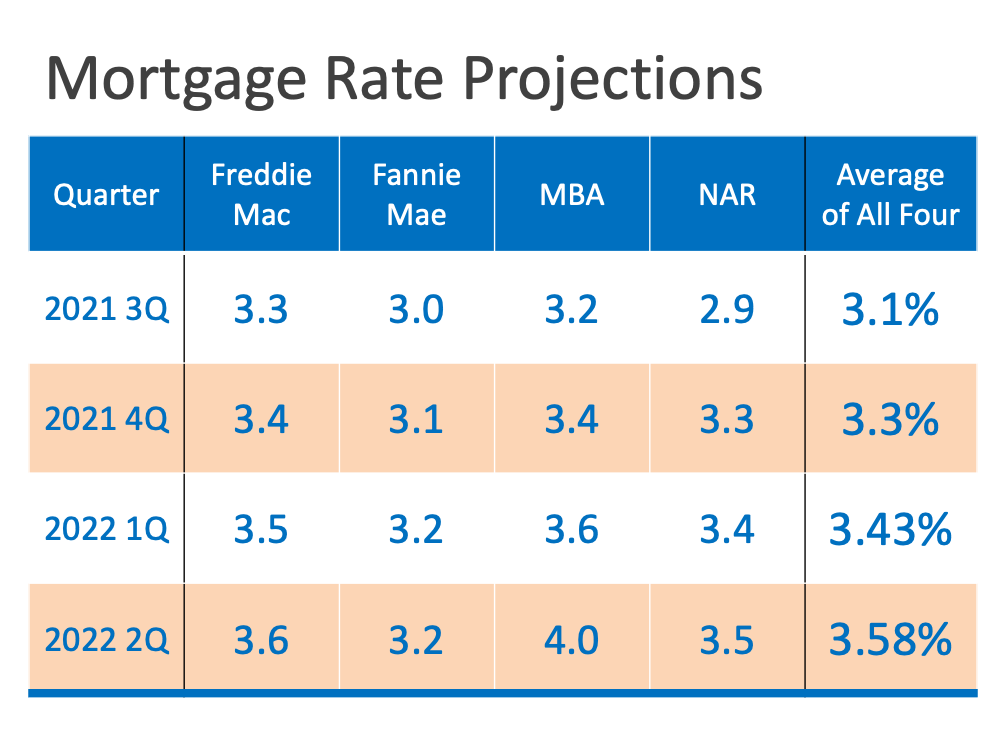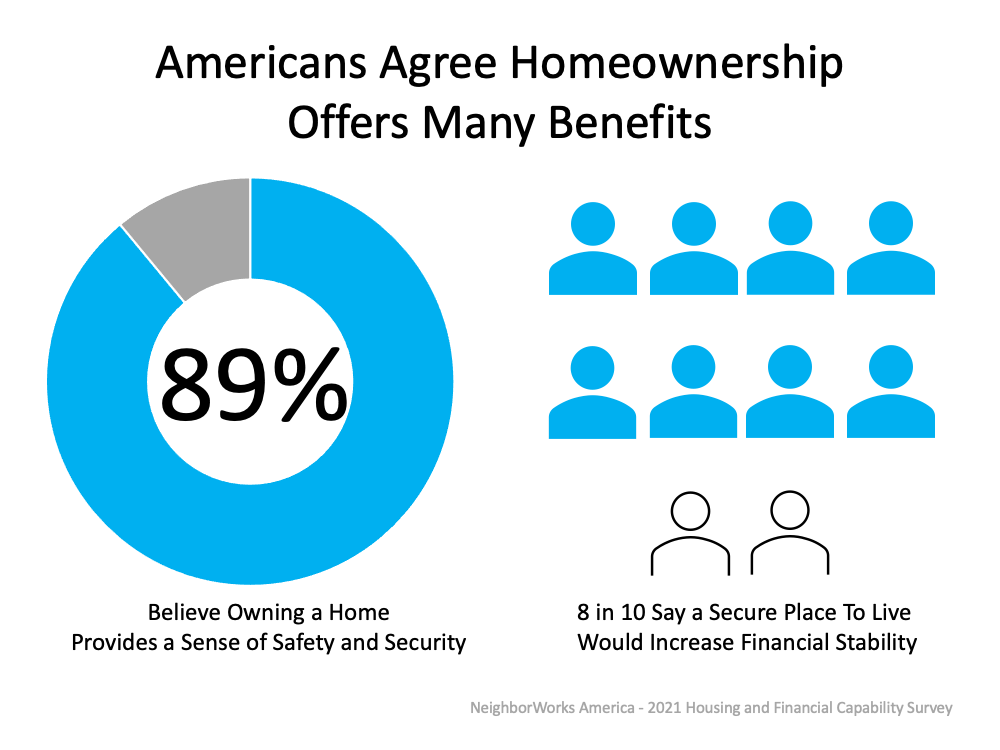How Sellers Win When Housing Inventory Is Low
How Sellers Win When Housing Inventory Is Low

In today’s housing market, the number of homes for sale is much lower than the strong buyer demand. As a result, homeowners ready to sell have a significant advantage. Here are three ways today’s low inventory will set you up for a win when you sell this season.
1. Higher Prices
With so many more buyers in the market than homes available for sale, homebuyers are frequently getting into bidding wars for the houses they want to purchase. According to the latest data from the National Association of Realtors (NAR), homes are receiving an average of 3.7 offers in today’s market. This buyer competition drives home prices up. As a seller, this certainly works to your advantage, potentially netting you more for your house when you close the deal.
2. Greater Return on Your Investment
Rising prices mean homes are also gaining value, which increases the equity you have in your home. In the latest Homeowner Equity Insights Report, CoreLogic explains:
“In the second quarter of 2021, the average homeowner gained approximately $51,500 in equity during the past year.”
This year-over-year growth in equity gives you the ability to sell your house and then put that money toward a down payment on your next home, or to keep it as extra savings.
3. Better Terms
In a sellers’ market like we have today, you’re in the driver’s seat if you make a move. You have the power to sell on your terms, and buyers are more likely to work with you if it means they can finally land their dream home.
So, is low housing inventory a big deal?
Yes, especially if you want to sell on your terms. Moving now while inventory is so low is key to maximizing your opportunities.
Bottom Line
If you’re interested in taking advantage of the current sellers’ market, let’s connect today to determine your best move.

